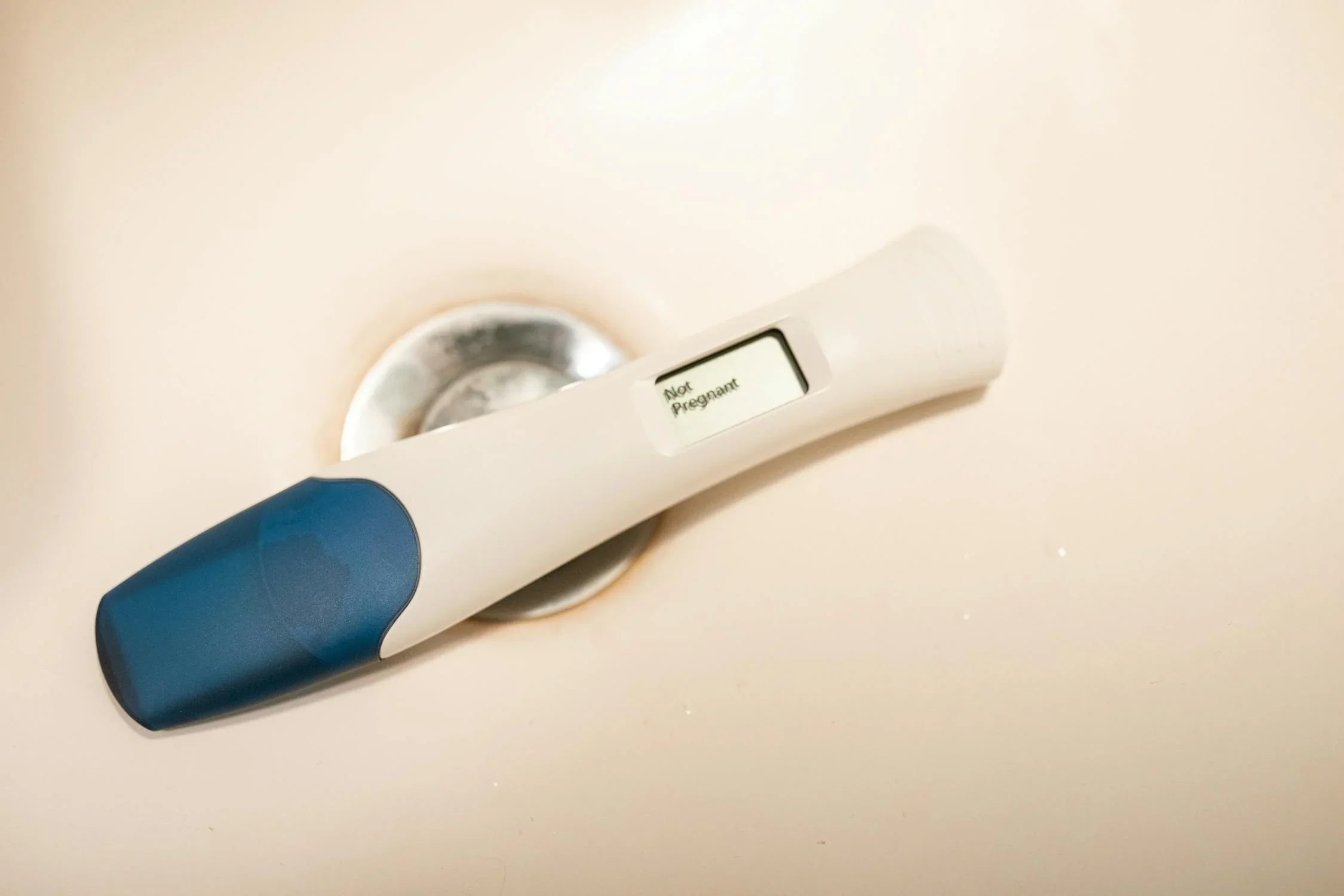Startseite
Pregnancy, Breastfeeding, and Pumping: The Ultimate Guide for Moms
How Long After Spotting Should I Take a Pregnancy Test: A Complete Guide

How Long After Spotting Should I Take a Pregnancy Test: A Complete Guide
When you notice spotting, it’s natural to wonder if it could be an early sign of pregnancy. The question of how long after spotting should I take a pregnancy test is one that many women ask. The answer depends on several factors, including the type of test you use and the timing of implantation. This article will guide you through everything you need to know to make an informed decision.
Understanding Spotting and Its Connection to Pregnancy
Spotting, or light bleeding, can occur for various reasons. One common cause is implantation bleeding, which happens when a fertilized egg attaches to the uterine lining. This typically occurs 6 to 12 days after conception and is often one of the first signs of pregnancy. However, spotting can also be caused by hormonal changes, infections, or other medical conditions.
When Does Implantation Bleeding Occur?
Implantation bleeding usually happens around the time you would expect your period, making it easy to confuse with menstruation. However, there are key differences. Implantation bleeding is typically lighter in flow and shorter in duration than a regular period. It may also be accompanied by mild cramping. If you suspect implantation bleeding, it’s important to track the timing and characteristics of the spotting.
How Soon Can You Take a Pregnancy Test After Spotting?
The timing of a pregnancy test after spotting depends on the sensitivity of the test and the levels of the pregnancy hormone hCG (human chorionic gonadotropin) in your body. Here’s a breakdown:
- Early Detection Tests: These can detect hCG levels as low as 10 mIU/mL and may provide accurate results as early as 7 to 10 days after conception. If you suspect implantation bleeding, you can take an early detection test a few days after the spotting occurs.
- Standard Tests: Most standard pregnancy tests require hCG levels of at least 25 mIU/mL. For these tests, it’s best to wait until after your missed period, which is typically around 14 days after conception.
Factors That Affect Test Accuracy
Several factors can influence the accuracy of a pregnancy test after spotting:
- Timing: Taking the test too early can result in a false negative, as hCG levels may not yet be detectable.
- Test Sensitivity: Higher sensitivity tests can detect lower levels of hCG, providing earlier results.
- Urine Concentration: Using first-morning urine, which is more concentrated, can improve accuracy.
- Medications: Certain medications, such as fertility drugs, can affect hCG levels and test results.
What to Do If the Test Is Negative
If you take a pregnancy test after spotting and receive a negative result, don’t lose hope. It’s possible that hCG levels are still too low to detect. Wait a few days and retest, especially if you continue to experience pregnancy symptoms like nausea, fatigue, or breast tenderness. If the test remains negative and your period doesn’t arrive, consult a healthcare provider to rule out other causes of spotting.
When to See a Doctor
While spotting can be a normal part of early pregnancy, it’s important to seek medical advice if:
- The spotting is heavy or accompanied by severe pain.
- You experience dizziness, fainting, or other concerning symptoms.
- You have a history of miscarriage or ectopic pregnancy.
A healthcare provider can perform a blood test or ultrasound to confirm pregnancy and ensure everything is progressing as it should.
Tips for Accurate Testing
To ensure the most accurate results when taking a pregnancy test after spotting, follow these tips:
- Read the instructions carefully and follow them precisely.
- Use first-morning urine for the highest concentration of hCG.
- Avoid drinking excessive fluids before testing, as this can dilute hCG levels.
- Check the expiration date of the test to ensure it’s still effective.
Spotting can be an exciting yet confusing sign of early pregnancy. By understanding the timing and factors that affect pregnancy test accuracy, you can confidently determine how long after spotting should I take a pregnancy test. Remember, patience and careful observation are key to getting reliable results. If you’re unsure or have concerns, don’t hesitate to reach out to a healthcare professional for guidance.
Teilen
